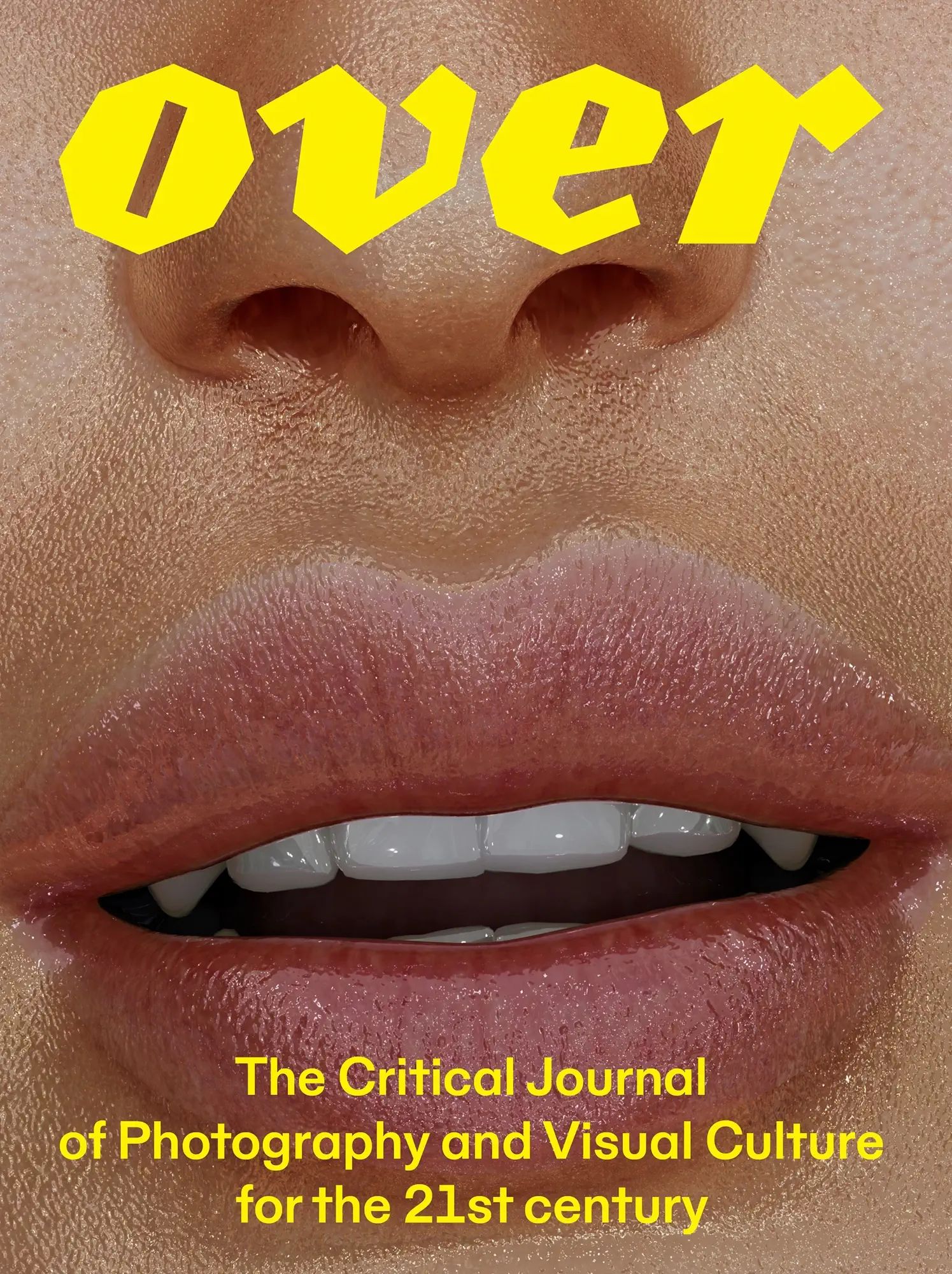A Letter
Dear ____________,
I write this in the assumption that you aspire to come into view. Which is pretty much what it means to be ‘emerging’. Ta-da!
Any next generation will respond in its own way to the world as it is, taking up many continuities yet experiencing that existing culture in certain ways differently. You are burning with the desire, I suppose, to amplify what is historically acknowledged as being artistic. This ambition, the shaping of a creative response, an act that will add to a new structure of feelings, is certainly one to admire. What you are going to be facing, regardless, is a certain force of habit; how things are to be done, what is expected, etcetera.
As you’ll figure out soon enough, the rat race operation of art production involves a hybrid collective of suppliers, performers, dealers, critics, and consumers who together define the sizzling pool also known as the ‘art world’, with you now putting a tow in it. Experts of all kind will cross your path with their critical remarks, with advice. You will get invites for various sources to apply for X or Y, and at some point you’ll be most likely morally blackmailed with the prospect that “this award is a career-making opportunity to be recognised by the most influential people in the industry.”
For sure, contemporary society will be ready to poison you with its cynicism. The only task you have towards such a disposition is to counter it with fresh thinking and with stimulating creativity. You might not immediately understand what is required to move away from where you are now. You are in the midst of all kinds of transitions—including your own—yet you have, to some extent, a power to control the destination of your own creations. See it like this: you are no longer an outsider to this “art world” which, in return—with all its deficiencies, menaces, and prospects— should not be an outsider to you. You are simply going to be in it, one way or another. Find a position for yourself from which critical contributions are to be made.
Take upon yourself the role of an activist and see what happens. Where would we be without the agitators? No noise, no improvement. “Never be afraid to raise your voice for honesty and truth and compassion, against injustice and lying and greed”, said the writer William Faulkner in a speech to his daughter’s graduation class of 1951, at University High School in Oxford, Mississippi. But perhaps the real thrill, for any ‘active’ person for that matter, is the feeling of movement itself, and yours, I strongly suggest, should be one driven by an act of necessity. Be convinced that there is a place for you in culture to move things for the better. That is, a dynamic that stimulates a sense of prospect; a potential for the world to be different from what it is, from what the arts have become until now.
Colleagues senior to you, of whom some might have known better days, are happy to share their memories of yesteryears, when fees were still reasonable and a visual artist could maintain a comfortable level of dignity, instead of dealing with despair when seeking exposure. This is just to say: your kick-off is far from perfectly timed. Yet the public is ready for the unknown, provided that they can believe in it as something that will help them to better understand the world and their place in it. You could make everything worse of course, but only cowards are easily intimidated by being exposed. Why not be optimistic and confident?
To break barriers culturally, is to expand or stretch a communal and shared creative existence. To bend expressive conventions, to allow yourself to take over something, which did not exist before. To articulate all that with language—visual language. In this quest it will very much help to have a core notion of who you are and who you aim to become as an artist. The foundation of all such dedication is, and ought to remain, character.
Be stubborn and persistent and see how far it will get you. You’ll need to remain vulnerable too, as being at risk makes a person all the more perceptive. It’s practically impossible to be absolutely assured that the next thing contributed to the world is also the best possible form of new. But always be confident about the process of such uncertainty. To paraphrase Rainer Maria Rilke, when he wrote his Letters to a Young Poet: doubt can become a good quality, if you train it.















